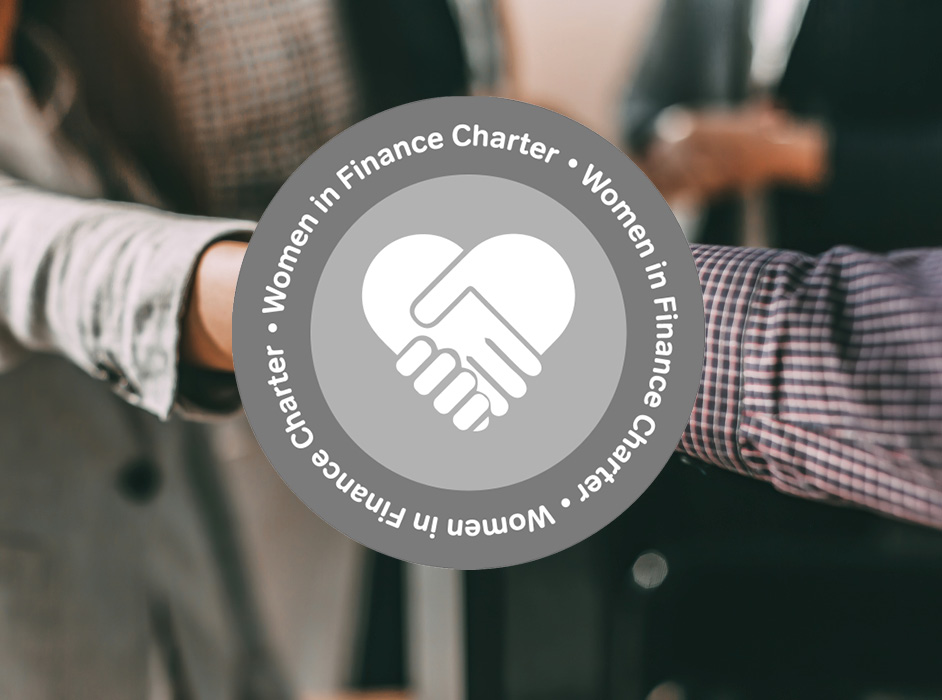
Women in Finance Charter: A Catalyst for Change Finance
The Women in Finance Charter is an initiative that has been gaining momentum across the financial sector, driven by the need for increased gender diversity and inclusion.
Launched by HM Treasury, the charter aims to create a more balanced and representative financial industry by encouraging firms to commit to specific gender diversity targets.
The Purpose and Goals of the Charter
The primary objective of the Women in Finance Charter is to promote gender equality and improve female representation in leadership positions within financial institutions. By encouraging firms to set their own gender diversity targets and publicly report on their progress, the charter seeks to:
1. Close the Gender Pay Gap: Women, on average, have faced lower pay than their male counterparts in the finance industry. By increasing female representation in senior roles, the charter aims to address pay disparities and create a fairer compensation structure.
2. Increase Female Leadership: The charter aims to break down barriers that hinder women’s progress into leadership roles, ensuring that talented women have an equal opportunity to ascend to the highest echelons of the financial industry.
3. Foster Inclusive Work Cultures: Through the charter’s commitment, financial institutions strive to cultivate a more inclusive and diverse work environment where all employees can thrive and contribute to their fullest potential.
4. Enhance Business Performance: Research consistently shows that diverse teams contribute to improved decision-making, innovation, and overall business success. By promoting gender diversity, the charter aims to enhance the performance and resilience of the financial sector.
Charity Bank’s Pledge and Targets
As a socially driven organisation, Charity Bank is proud to join the Women in Finance Charter and reaffirm our commitment to gender equality and inclusivity in the workplace. We firmly believe that fostering diversity in leadership and management positions is crucial to our mission of driving positive change and creating a more sustainable and equitable society.
In line with the charter’s goals, we have set targets to increase female representation Charity Bank:
1. Board Representation: By the end of 2025, we aim to have at least 45% of our board members be female, an increase from our current representation of 31%.
2. Senior Management Inclusion: We are committed to having 50% of our senior management positions filled by women by June 2025
Our Approach to Achieving Targets
At Charity Bank, we recognise that achieving gender diversity requires more than just setting targets; it necessitates a comprehensive and supportive approach. To fulfil our commitment to the Women in Finance Charter, we are implementing a range of initiatives, including:
1. Inclusive Policies: Charity Bank is dedicated to maintaining inclusive policies that support work-life balance, flexible working arrangements, and equal opportunities for all employees.
2. Training and Skill Development: We are investing in targeted training and development opportunities to equip women to succeed in leadership roles.
3. Transparent Reporting: We will regularly report on our progress in achieving our gender diversity targets to maintain transparency and accountability.
Target Updates
Senior Management Inclusion: As of 30th June 2025, we had 48.4% of our senior management positions filled by women. This has met our target of 50% + 5%.”
About Charity Bank
Charity Bank is the loans and savings bank owned by and committed to supporting the social sector. Since 2002, we have used our savers’ money to make more than 1400 loans totalling over £605m to housing, education, social care, community and other social purpose organisations.
Nothing in this article constitutes an invitation to engage in investment activity nor is it advice or a recommendation and professional advice should be taken before any course of action is pursued.


